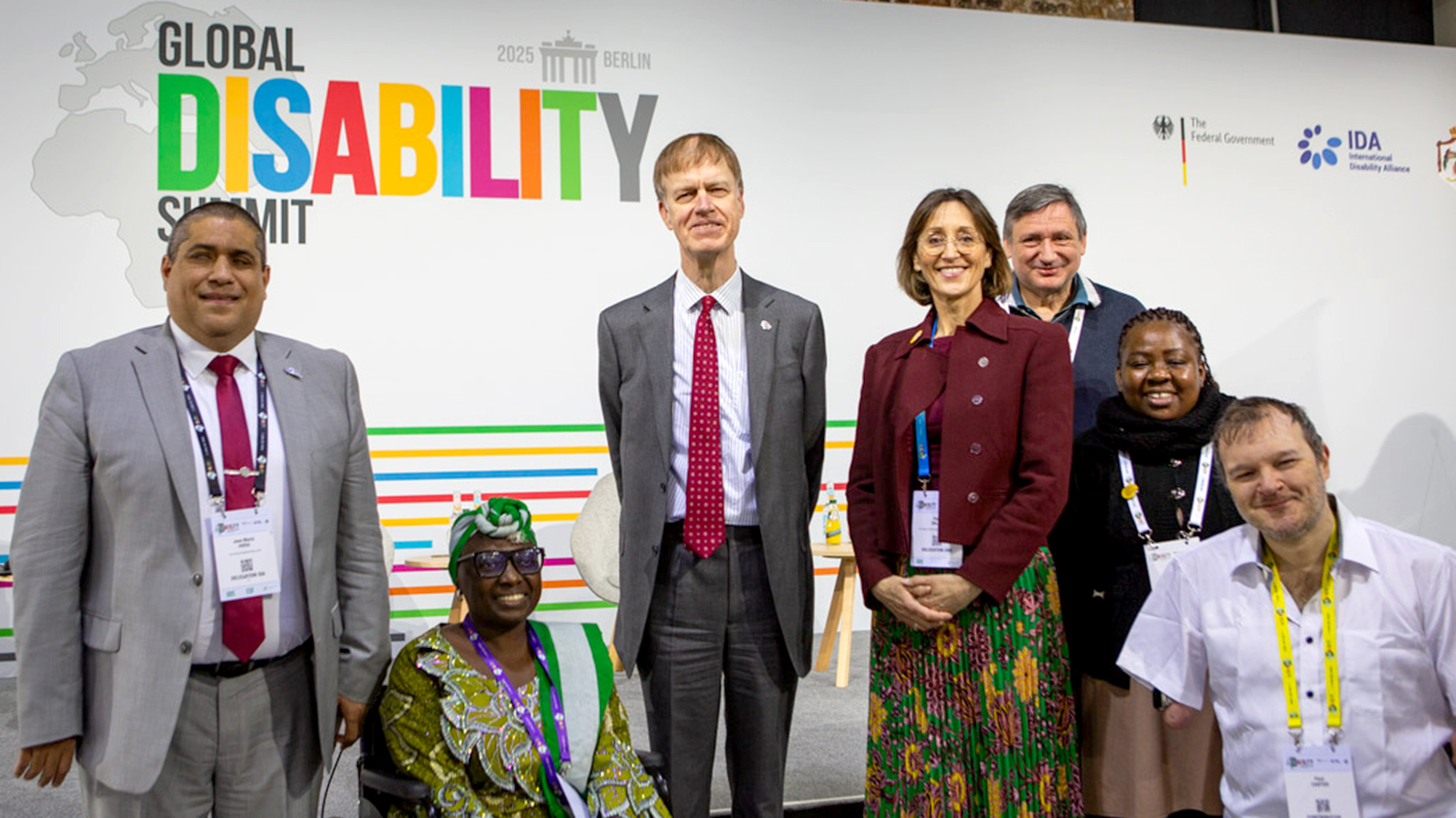
This includes engaging diverse organisations of people with disabilities (OPDs) in tracking and reviewing commitments, using national and international reporting systems, and ensuring accountability is built into every stage of implementation. Without this, we risk the summit becoming a series of one-off events rather than a driver of real, lasting change.
Looking ahead
We now have three years until the next Global Disability Summit. By then, we must be able to look back and say: this was the moment commitments turned into action, where governments, donors and non-governmental organisations not only made ambitious pledges, but put in place the financing and accountability mechanisms to ensure they are delivered.
If we fail to act now, the 2030 Sustainable Development Goals will slip out of reach, leaving hundreds of millions of people with disabilities behind. They will be denied education, healthcare, voting rights and economic opportunities, deepening poverty and inequality.
People with disabilities have waited too long for promises to become reality. This summit must be the turning point that ensures disability inclusion is not just an aspiration, but a guarantee.
